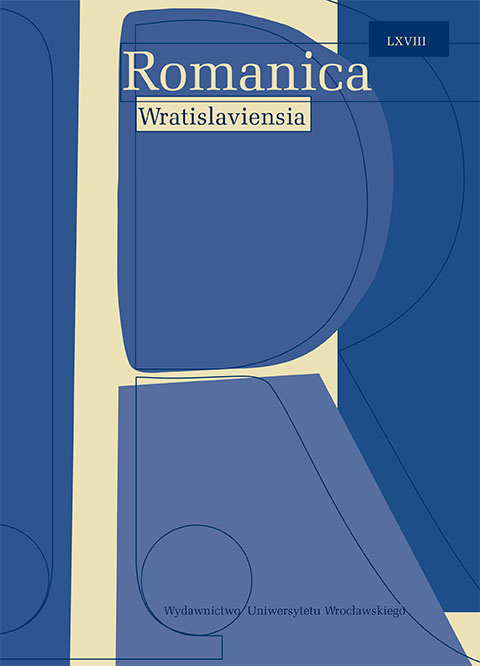

Articles

The aim of this paper is to examine the factors that may boost or hinder the effectiveness of translation as a vehicle of knowledge dissemination. The analysis was based on bibliographical data concerning the translations of books of all kinds (monographs, handbooks, textbooks, anthologies, etc.) in the field of translation Studies, which have been published in Greece and Poland. Both countries can be considered as being on the periphery of Europe on the basis of geographical, political, economic, linguistic, and cultural criteria. In both countries, the number of these translations is actually very small (about 20 in each of them), and the number of their source languages is extremely limited (mostly English, rarely French or German). However, the different organization of their universities and academic research shapes not only how the individual translation training and scientific work on translation are developed, but also how these translations are embedded in university syllabi. The analysis of the data leads to confirming the dominance of English as the translation studies language and suggests a necessity to reconsider the notions of centres and peripheries in this particular field of research and the role of translation in their relationship.